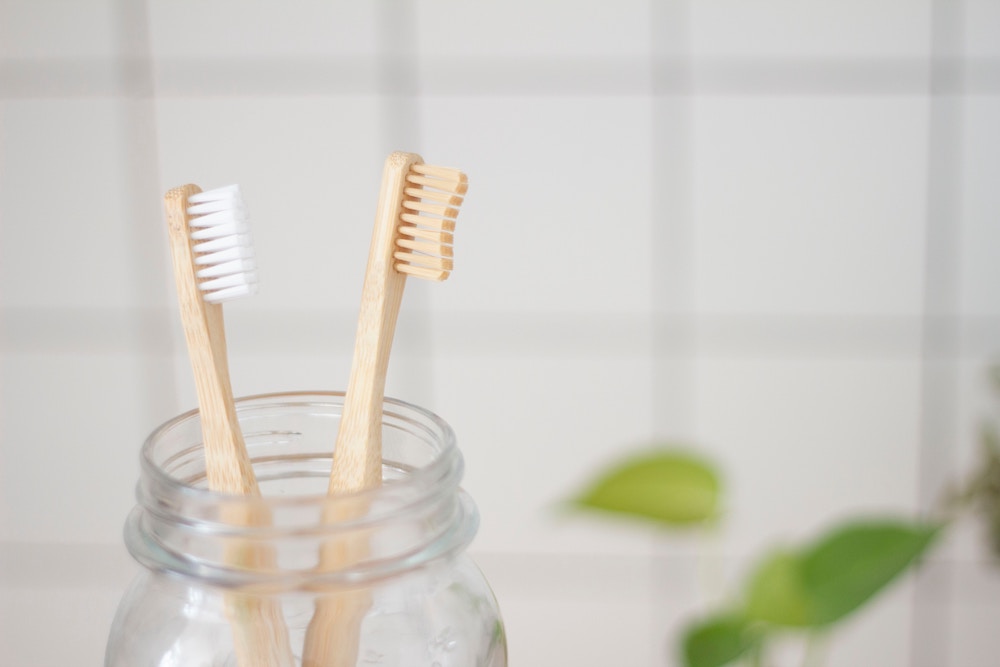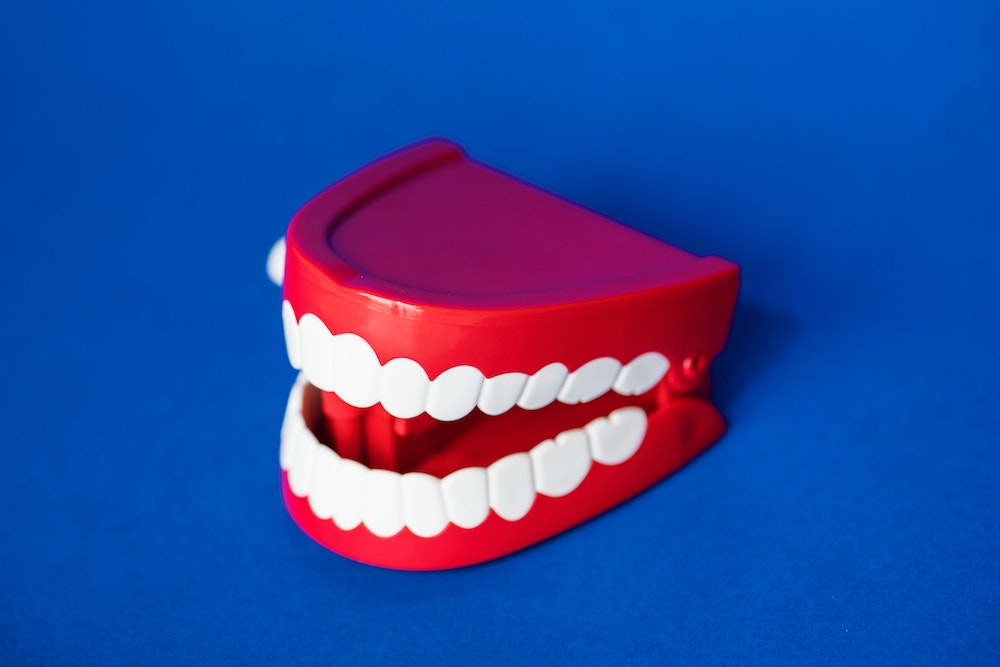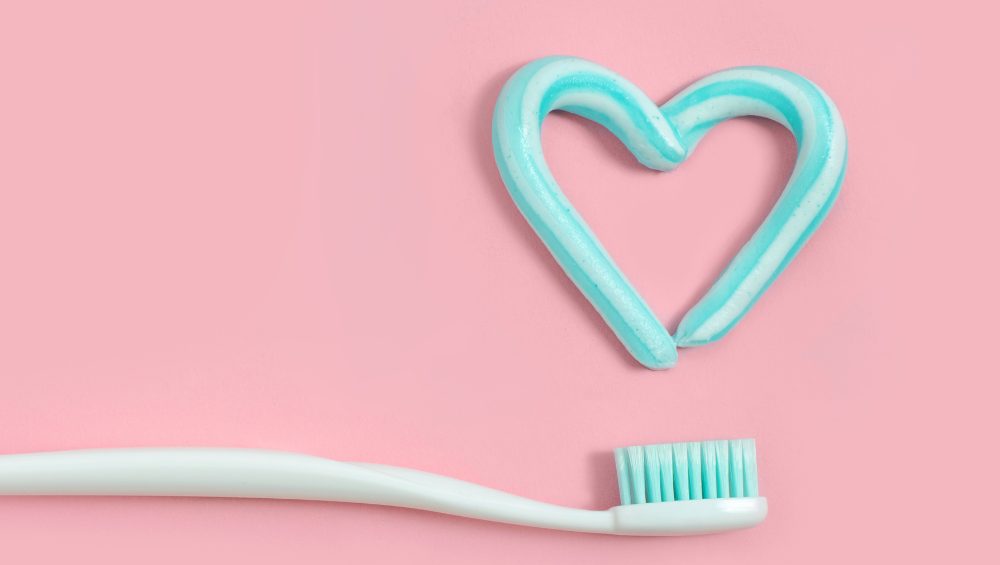
What are the Different Types of Teeth Whitening Treatments? Which One Is The Best?
July 22, 2019
What are the different types of dentists?
September 17, 2019Many people realize that seasonal allergies cause symptoms similar to those experienced when fighting a cold or flu. Some find it surprising to learn that seasonal allergies and oral health are closely connected.
Please keep in mind that the information presented here is not medical advice. We urge everyone to discuss all symptoms and concerns with their dentist, doctor, or another medical professional. Each one of the symptoms discussed has multiple possible causes ranging from mild to serious.
Three Ways Seasonal Allergies and Oral Health Affect Each Other
Here are three of the most common sources for oral discomfort caused by seasonal allergies. When appropriate we also mention some techniques that offer short term relief for many people.
Is it a Cavity or Sinus Irritation?
Blocked or inflamed sinuses can make you think that you may have a new cavity. Your maxillary sinuses are located above your upper molars. When these sinuses are inflamed or swollen, they put extra pressure on the roots of your teeth. The resulting aches and pains may make you feel like you have a deep cavity or another dental concern. Depending on the level of swelling, the pain may range from mild to very intense.
Be sure to discuss these concerns both with your doctor and your dentist. Your dentist may conduct an examination to rule out or diagnose a dental cause or provide any necessary dental treatment. If the source is related to your sinuses, your doctor may be able to treat the root cause leaving you breathing more easily and relieving you of the discomfort in your mouth.
Even if you know you suffer from seasonal allergies, be sure to visit your dentist for regular screenings to avoid dismissing a dental problem as just a symptom of your seasonal allergies. After all, some patients suffer from both seasonal allergies and oral health issues such as cavity at the same time. Both are all too common sources of discomfort.
When allergies are the cause of your sinus pain, an antihistamine may help relieve that pressure. However, be aware that antihistamine use is one possible cause for another issue known as dry mouth.
Dry Mouth Both Short and Long Term
One of the primary oral health problems associated with allergies is dry mouth. You may have noticed that dry mouth is a very common side effect of many medications including antihistamines. While dry mouth is often a short term inconvenience, it can become chronic and contribute to serious health issues.
One common source of dry mouth and other oral health concerns is allergic rhinitis resulting from nasal congestion. When suffering from allergic rhinitis, you tend to breathe through your mouth to get enough air. If this goes on long enough, your mouth starts to dry out. Some symptoms of allergic rhinitis include:
- Runny or congested nose.
- Itchy nose, mouth, ears, or eyes.
- Coughing or sneezing.
- Decreased sense of smell.
- Clogged ears or pressure in the ears.
- Puffiness and dark circles around the eyes.
Sometimes people don’t realize that saliva is so important for oral health. It helps prevent tooth decay by neutralizing some of the acids in your mouth. A healthy level of saliva helps protect your teeth and gums in addition to the fact that dry mouth is uncomfortable. Saliva also enhances your sense of taste and keeps your mouth lubricated.
You may be able to relieve the discomfort of dry mouth by sipping water throughout the day. Also, chewing sugar-free gum containing xylitol stimulates the salivary glands. Just be careful not to rely on sugary candies as they lead to other oral health concerns like tooth decay.
Finally, please note that in most cases short term dry mouth doesn’t impact your long-term health. But some people suffer dry mouth for years and long-term dry mouth may contribute to other health issues. According to the Mayo Clinic it may cause or intensify persistent sore throat, difficulty swallowing, gum disease, canker sores, and trouble speaking, This is one reason early medical attention and treatment are so important.
Dry, Scratchy, or Sore Throat From Allergies or Illness?
There are so many causes for sore through. Not only is it one of the earliest cold symptoms, it is also a common allergy symptom. Whether your through is just dry and scratchy from talking loudly at a party or from something more serious, the discomfort is real. If there isn’t an obvious cause, be sure to visit a medical professional to diagnose the source of your sore throat.
One leading allergy-related cause of sore throat is postnasal drip. It often originates from an increase in nasal cavity mucus and inflammation. In that case, a decongestant may help relieve the sore throat until allergy season ends. However, the medication may cause other issues like the dry mouth that we mentioned earlier. Sometimes it may feel like a vicious circle as allergy sufferers use prescription or over the counter medication to relieve one set of symptoms only to find that the treatment results in another source of discomfort.
Some other sources of relief include sipping tea with honey or using sugar-free cough drops to soothe your throat. Also, seek medical treatment for the allergy to reduce the pressure and inflammation. In some cases, prescription or over the counter medication may relieve the pain on a temporary basis.
Whenever you experience new or worsening oral discomfort, but sure to notify your dental professional. While the clash between seasonal allergies and oral health may cause irritating but temporary short-term concerns it identifies whether allergies are the root of the problem. Sometimes seasonal allergies may mask and delay treatment for a serious dental problem. This is one of many reasons why regular dental examinations are imperative for a healthy lifestyle. The above points sum up how seasonal allergies and oral health affect each other.
The dental professionals at Southview Dentistry strive to help Charlotte residents enjoy oral health and wellbeing. Contact us today if you are in the area and need to schedule a dental examination or if you are experiencing any discomfort in your mouth.




